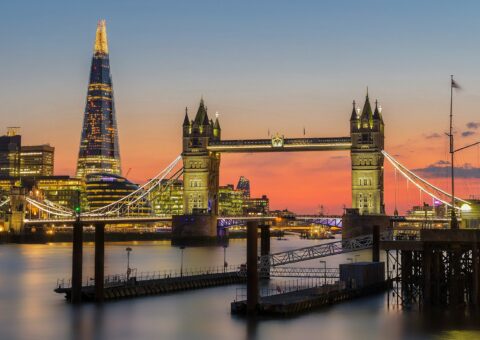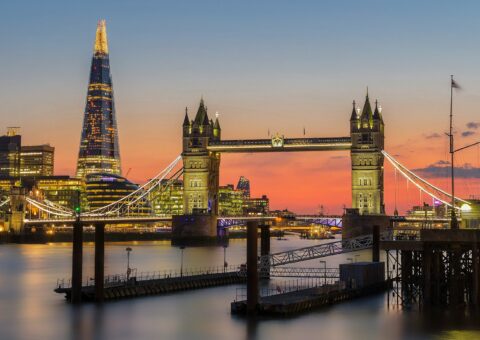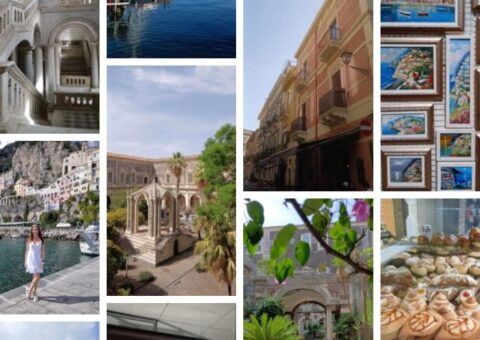Unpack your bags and hang a picture on your wall, in Espana
Warm beaches, stunning scenery, vineyards as far as the eye can see, rich culture and weather that can be relied upon… You name it, Spain has it all. No wonder it’s one of the most popular tourist destinations in the world with over 83 million visitors a year. A recent report from the World Economic Forum named Spain at the top of the list of countries best equipped to welcome tourists in 2019.
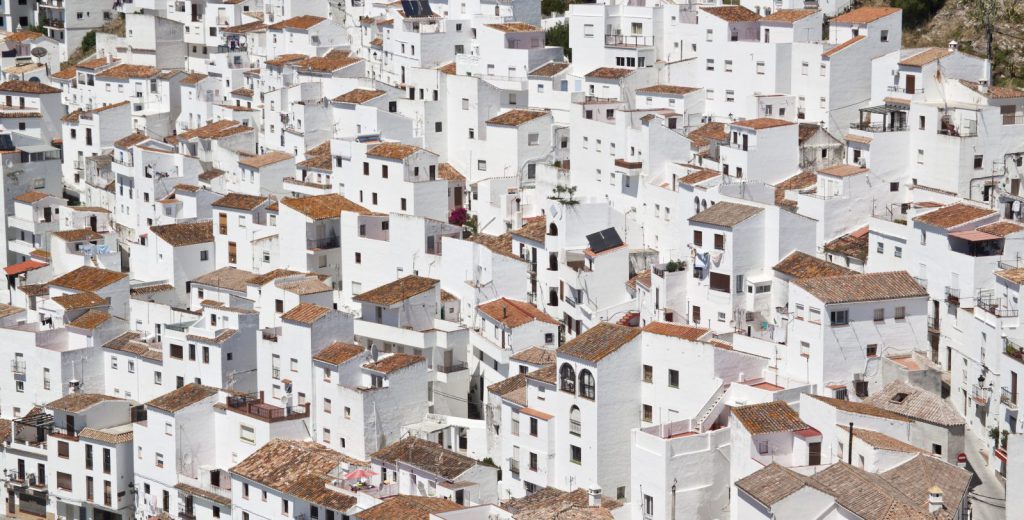
However, Spain’s popularity as a tourist destination is receiving some negative attention. Mass tourism which started in the 1960s and 1970s led to the over-development of much of Spain’s Mediterranean coast. The ever-competitive domestic accommodation market, the growing popularity of cruise ship travel and the rise of affordable airfares mean that as much of a dream as Spain can be, it can also be a major challenge for tourism.
The sheer impact of tourism means that in the more popular destinations, economics and culture often collide, resulting in a strain on the local culture – affecting everything from local commerce to the wider ecological landscape.
In some of the more popular cities, subletting and short-term renting are causing issues for locals when it comes to finding somewhere to live. Only a few years ago it was reported that 40% of Barcelona’s holiday apartments were being rented out illegally without proper licensing.
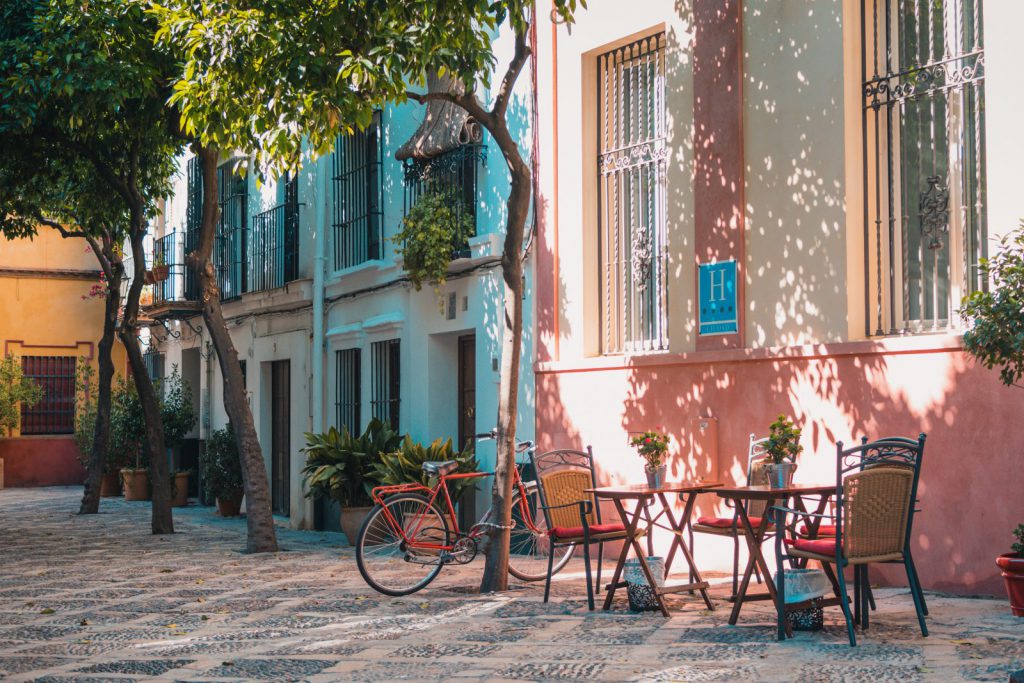
The changing face of short stays and long-term business travel
Platforms that offer accommodation with legitimate licencing are effective in countering the harmful impact of illegal short term renting. The housing option for business travellers staying for long periods of time should not be limited to a hotel; at Homelike we provide Spanish agents and landlords with the opportunity to supply accommodation that abides by the countries rental regulations and doesn’t result in local Spanish people left with no-where to live.
Unlike short-term tourism, long-term business travellers place more emphasis on living like a local. For these business travellers, visiting mainstream sites is less important than experiencing the local culture in an authentic way: through trying local cuisine, using local amenities and gyms and cooking at home rather than constantly eating out.
Long-term business travel is also far more sustainable. According to a carbon footprint calculator, flying from the UK to Spain and back generates approximately 0.7 tonnes of CO2e; long term stays encourage less travel back and forth between home and the country of work.
The local economy also benefits from long-term business travel. Our research found that the average European business traveller spends an average of £446 a week; a longer trip duration in Spain will generate more income for the local economy than if the traveller were to return home at the weekends.

The debate around the tourist tax
The increasingly negative impact of mass tourism in the country is also persuading many Spanish people that a tourist tax may be a necessary solution. This leads to further debate around the consequences for business travel and investment into the country.
Ibiza, Majorca and Catalonia currently charge visitors a tourist tax which is reduced or cancelled if the visitor stays in a hotel or rental for over seven days. If they move to another property, the tax kicks in again. This licensing and tourist tax appears to encourage people to stay for longer and “become locals” in the areas where they are enforced. As such, it’s no surprise that over half of Spanish business travellers (56%) believe that dropping the tourist tax won’t increase business travel or investment into the country.
Spanish tourism is currently trying to strike the right balance between protecting culture and environment and attracting investment. It’s clear that long-term business travel and accommodation plays a critical part in this. Longer stays in legitimately leased long-term accommodation will bring in the income the country needs in a way that does not impact Spanish culture or the wider environment.
If you would like to see more about how Spanish business travellers perceive tourist tax and business travel to the country, you can download our Report on The State of European Business Travel in 2019.






